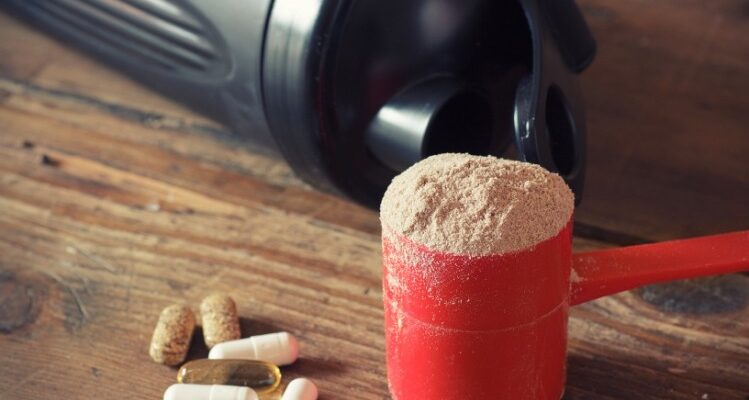
You may have come across the term beta-alanine when looking into supplements to help you perform better. Beta-alanine is a non-essential amino acid produced by the liver and can be found in foods including meat, chicken, and fish.
On the other hand, beta-alanine supplements are taken to raise carnosine levels in the muscles, which enhances athletic performance.
Beta-alanine, like many supplements, is the subject of some myths. This article will dispel some of the most widespread misconceptions about beta-alanine and give factual details on its advantages and risks.
- Beta-Alanine Has No Side Effects
Although beta-alanine is generally safe for most people, it can temporarily make your face, neck, and arms itch. Why does beta-alanine cause an itching sensation? The itchy sensation results from histamine being released due to the muscles’ increased carnosine concentration. The itchiness is transient and can be lessened or cured by taking beta.
- Beta-Alanine is Not Safe
Contrary to widespread views, beta-alanine is a safe and well-tolerated vitamin when taken in the recommended doses. It has been established through comprehensive research that the supplement has no adverse effects on kidney, liver, or cardiovascular function.
Timing and Recommended Doses
The amount of advised beta-alanine depends on a person’s weight and fitness objectives. However, 3-6 grams per day, spread out in smaller doses throughout the day, is a typical dosage.
When using supplements containing beta-alanine, timing is also crucial. For best effects, it is advised that you take beta-alanine around 30 minutes before your workout.
- Beta-Alanine is a Steroid
There are no hormonal effects from beta-alanine because it is not a steroid. It is an organic amino acid in foods high in protein and necessary for synthesising muscle carnosine.
- Beta-Alanine is a Magic Pill for Muscle Building
While beta-alanine can enhance performance and reduce muscle exhaustion, it is not a miracle supplement for building muscle. Resistance training, a healthy diet, and enough sleep are necessary to develop muscle mass. While beta-alanine can be a helpful addition to a comprehensive fitness regimen, it cannot replace diligence and hard work.
- Beta-Alanine is a Fat Burner
Beta-alanine will not instantaneously aid in weight loss and is not a fat burner. However, beta-alanine may indirectly assist in weight loss by enabling athletes to exercise longer and burn more calories by enhancing athletic performance and reducing fatigue.
- Beta-Alanine Causes Muscle Cramps
The idea that taking supplements of beta alanine will make you cramp up is another misconception. However, this claim is not supported by any scientific evidence.
Electrolyte imbalances like sodium and potassium levels or dehydration typically bring on exercise-related muscle cramps. It’s crucial to stay hydrated and maintain a healthy balance of electrolytes to prevent muscle cramps while exercising.
- Beta-Alanine is Only Effective for Endurance Athletes
While long-distance runners and other endurance athletes are frequently associated with beta-alanine, strength and power athletes can also benefit from it. Athletes in various sports can benefit from beta-alanine since it reduces muscle acidity during exercise and helps delay weariness.
Conclusion
Although these supplements are relatively safe, side effects can still occur.If you’re considering using beta-alanine pills, consult a medical expert to decide the proper dosage.











